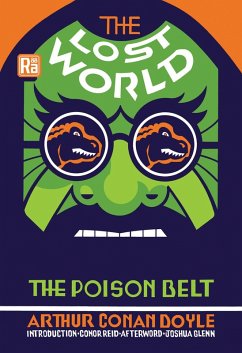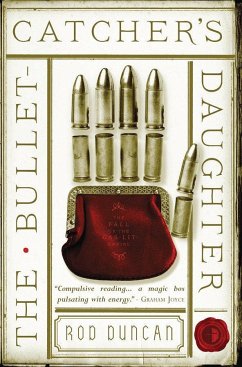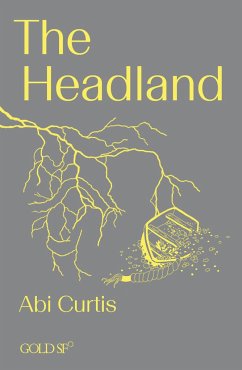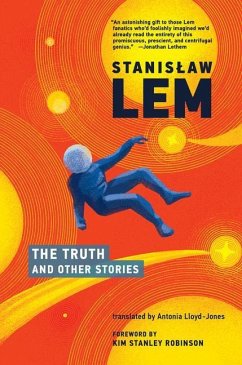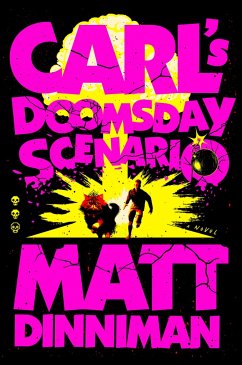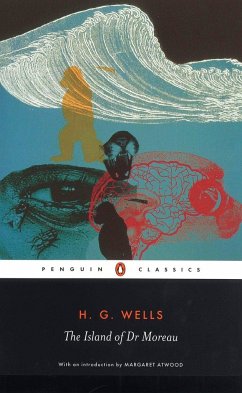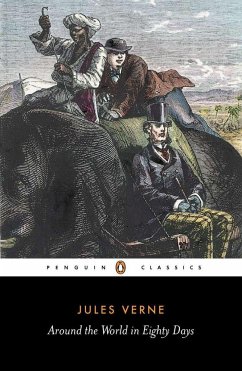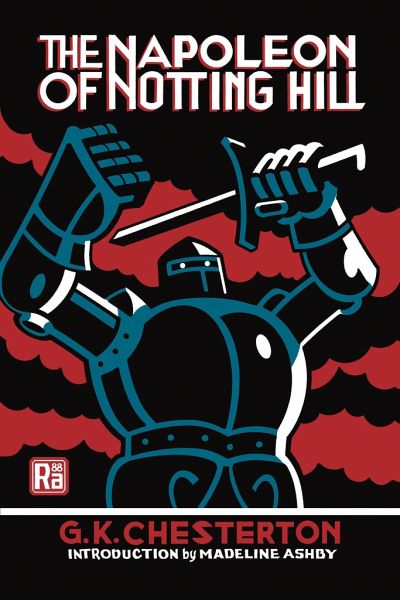
The Napoleon of Notting Hill
Versandkostenfrei!
Sofort lieferbar
12,99 €
inkl. MwSt.
Weitere Ausgaben:

PAYBACK Punkte
6 °P sammeln!
"In an alternate-history version of England, monarchs are selected at random instead of inheriting the title. When Auberon Quin, a man who aspires to live life like a medieval adventurer, becomes king, he mandates that each of London's neighborhoods become an independent state, complete with unique local costumes. Everyone goes along with the conceit until young Adam Wayne, a born military tactician, takes the game too seriously . . . and becomes the Napoleon of Notting Hill. War rages throughout the city, fought with sword and halberd"--






